How World War II Started: World War II started on September 1, 1939, when Germany invaded Poland. This invasion prompted Britain and France to declare war on Germany on September 3, 1939, marking the official beginning of the conflict. 1. Treaty of Versailles and Economic Hardships: - The Treaty of Versailles (1919) imposed heavy reparations and territorial losses on Germany, causing widespread economic hardship and resentment. This created fertile ground for extremist ideologies and leaders. 2. Rise of Totalitarian Regimes: - In the 1920s and 1930s, totalitarian regimes rose to power in several countries, including Adolf Hitler’s Nazi Germany, Benito Mussolini’s Fascist Italy, and militarist Japan. These regimes pursued aggressive expansionist policies. 3. Expansionism and Appeasement: - Hitler’s Germany began rearming and expanding its territory, violating the Treaty of Versailles. Key events included: - Remilitarizatio...
Posts
Showing posts from July, 2024
ཚིག་བཀོད་མཁན།
Tashi Dorji
བཙུགས་ཚེས།
World War I, also known as the Great War, began in 1914 and ended in 1918. Here’s a brief overview of its origins and resolutions: How World War I Started: Pc.net 1. Assassination of Archduke Franz Ferdinand: - The immediate trigger for World War I was the assassination of Archduke Franz Ferdinand of Austria-Hungary and his wife, Sophie, on June 28, 1914, by Gavrilo Princip, a Bosnian Serb nationalist, in Sarajevo. 2. Alliance System: - Europe was divided into two main alliance systems: the Triple Entente (comprising France, Russia, and the United Kingdom) and the Triple Alliance (comprising Germany, Austria-Hungary, and Italy). These alliances meant that a conflict involving one country could quickly involve others. 3. Militarism and Arms Race: - The major powers had been building up their military capabilities and stockpiling weapons. This arms race contributed to a sense of inevitable conflict and made mobilization for war faster. 4. Nationalism...
- Get link
- X
- Other Apps
I LOVE MY COUNTRY
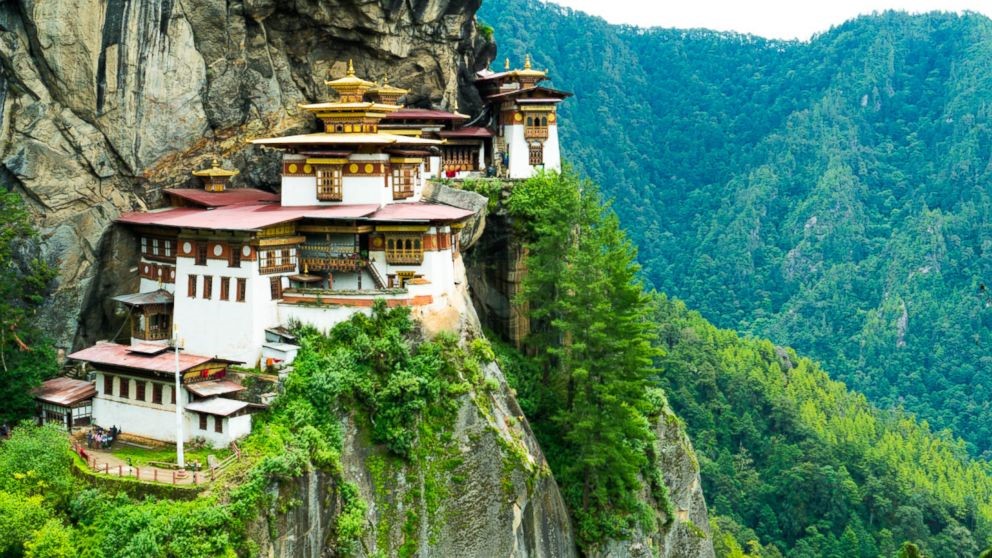
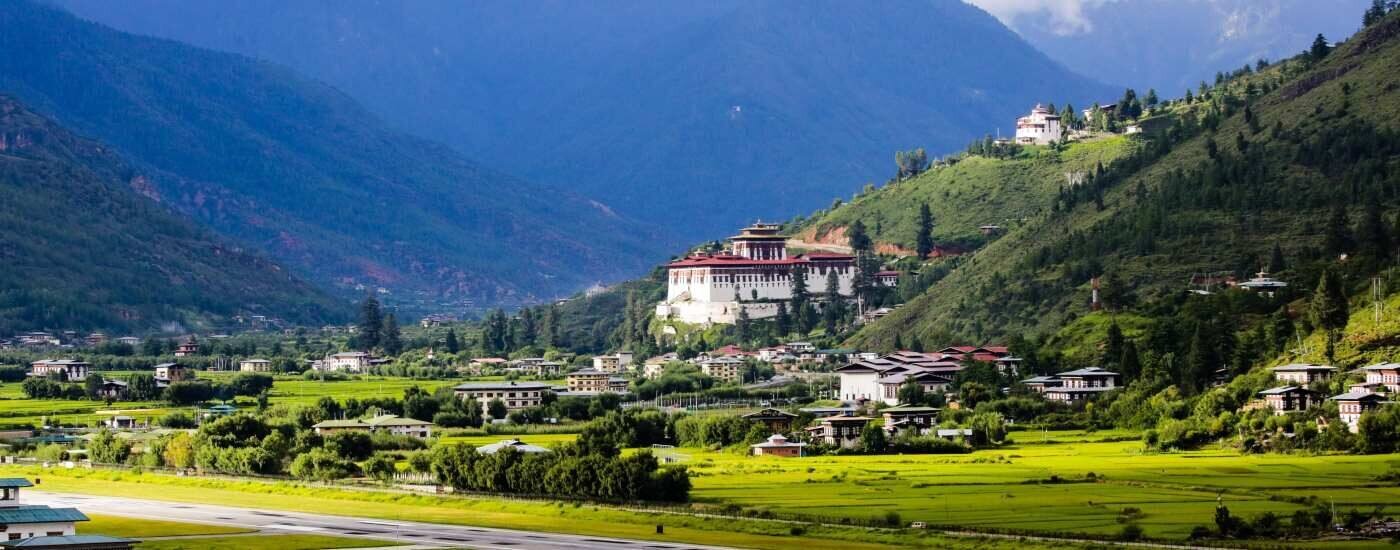
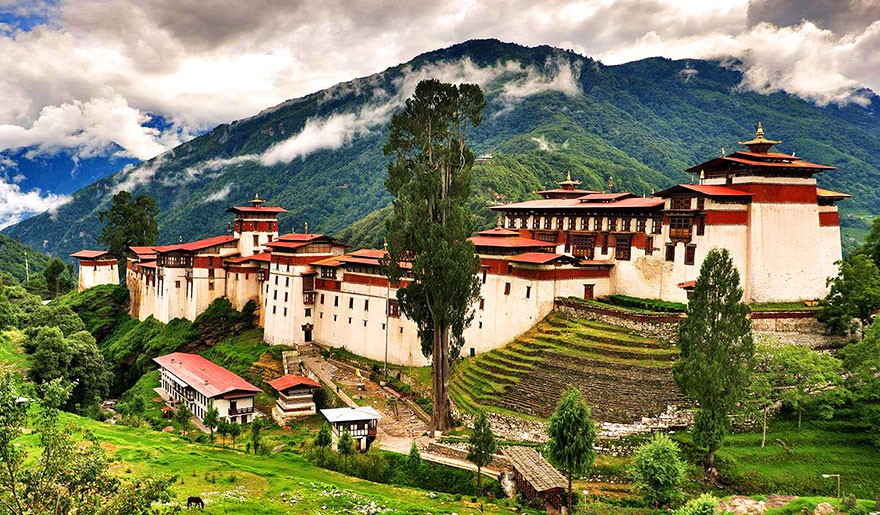
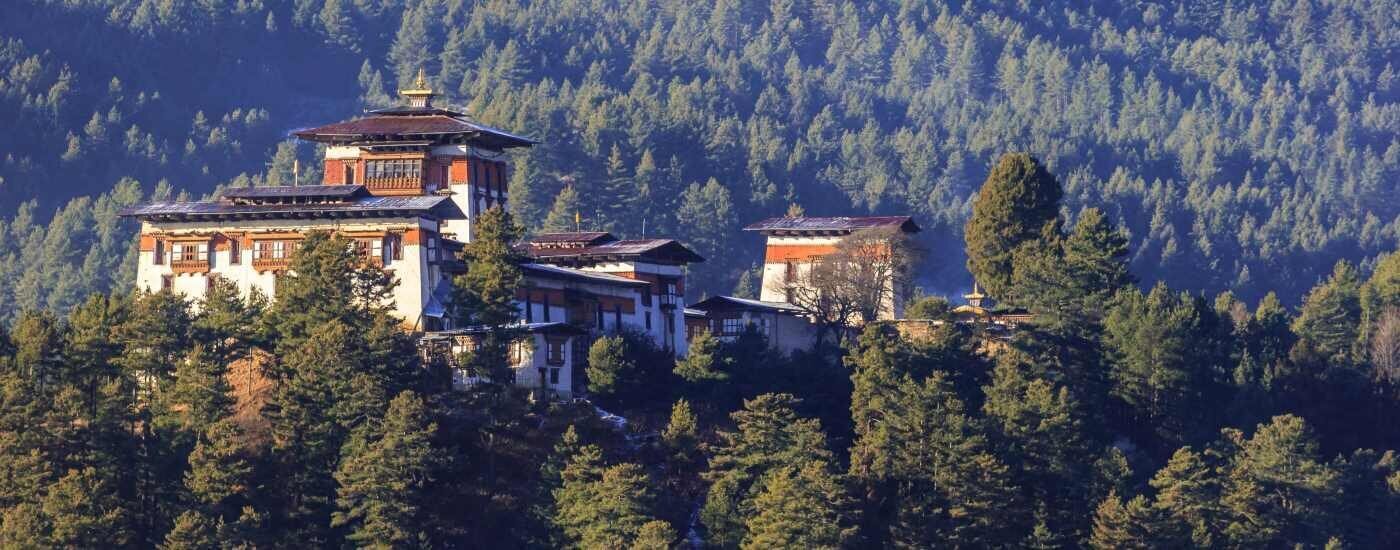
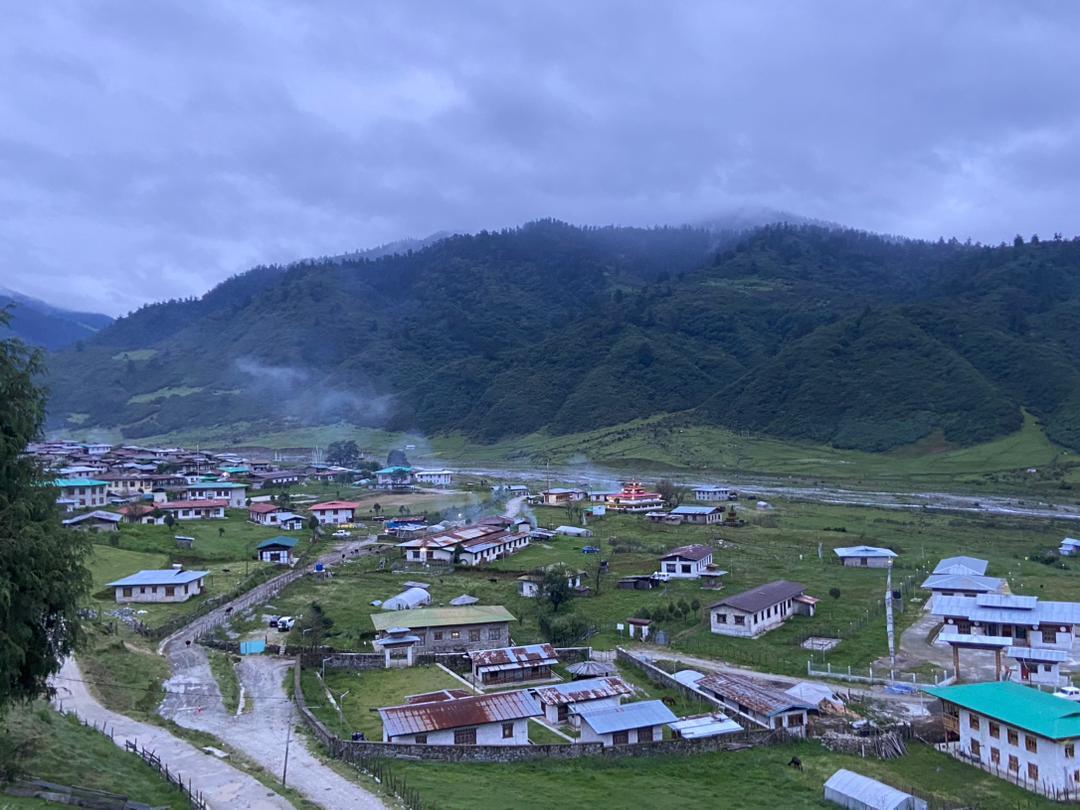
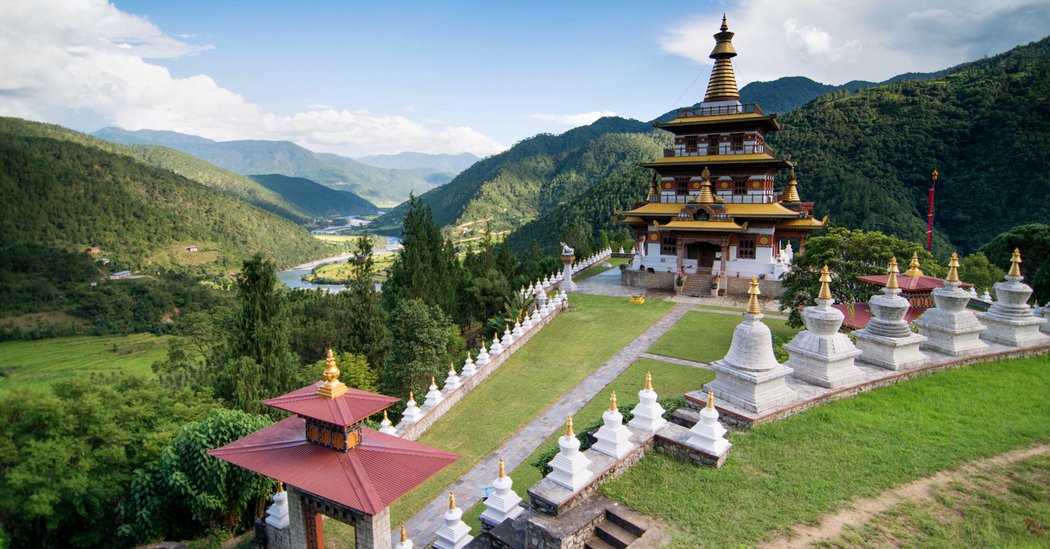

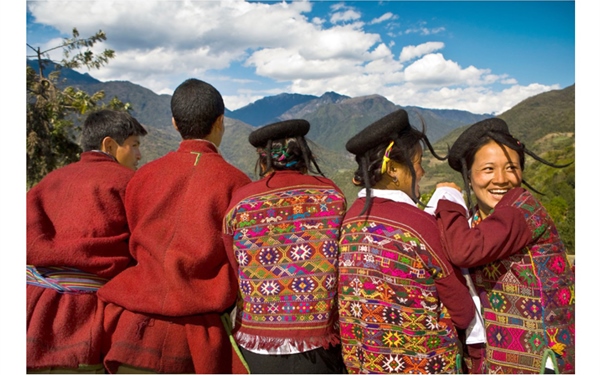
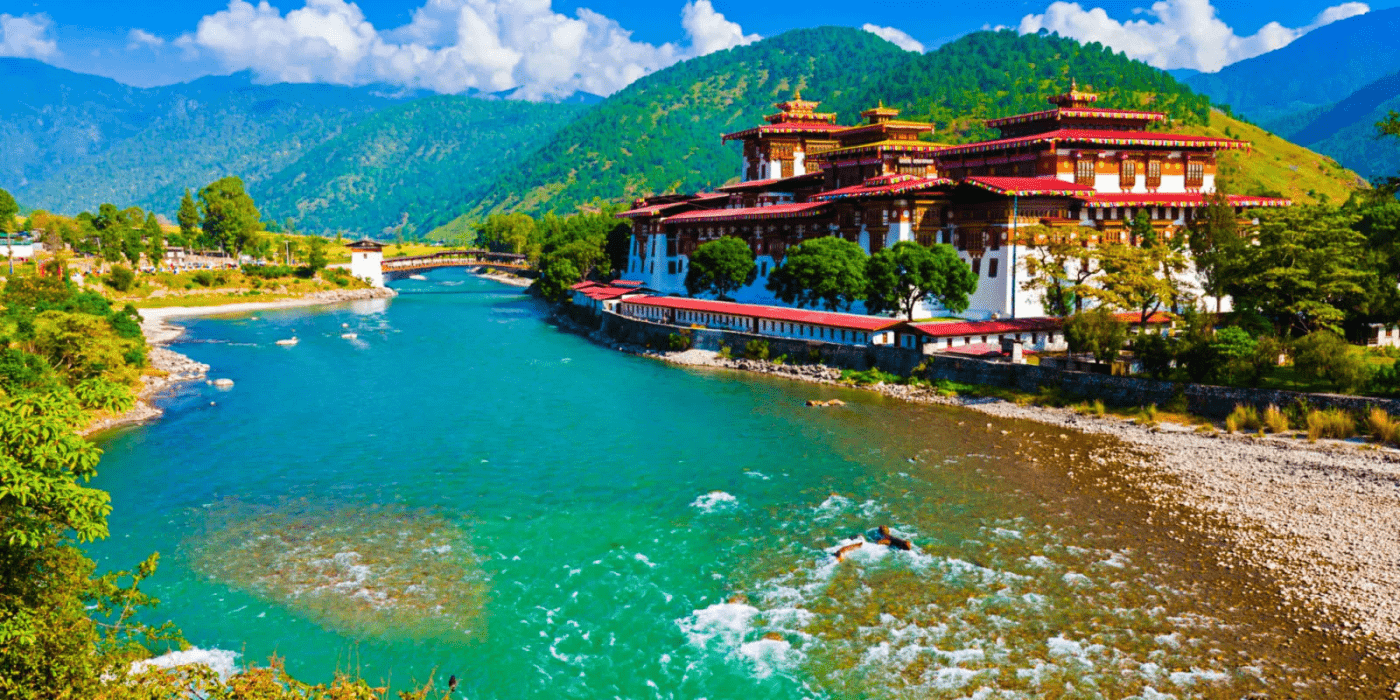
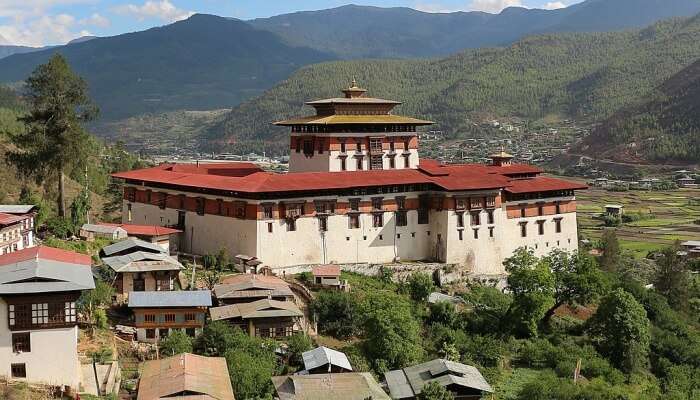

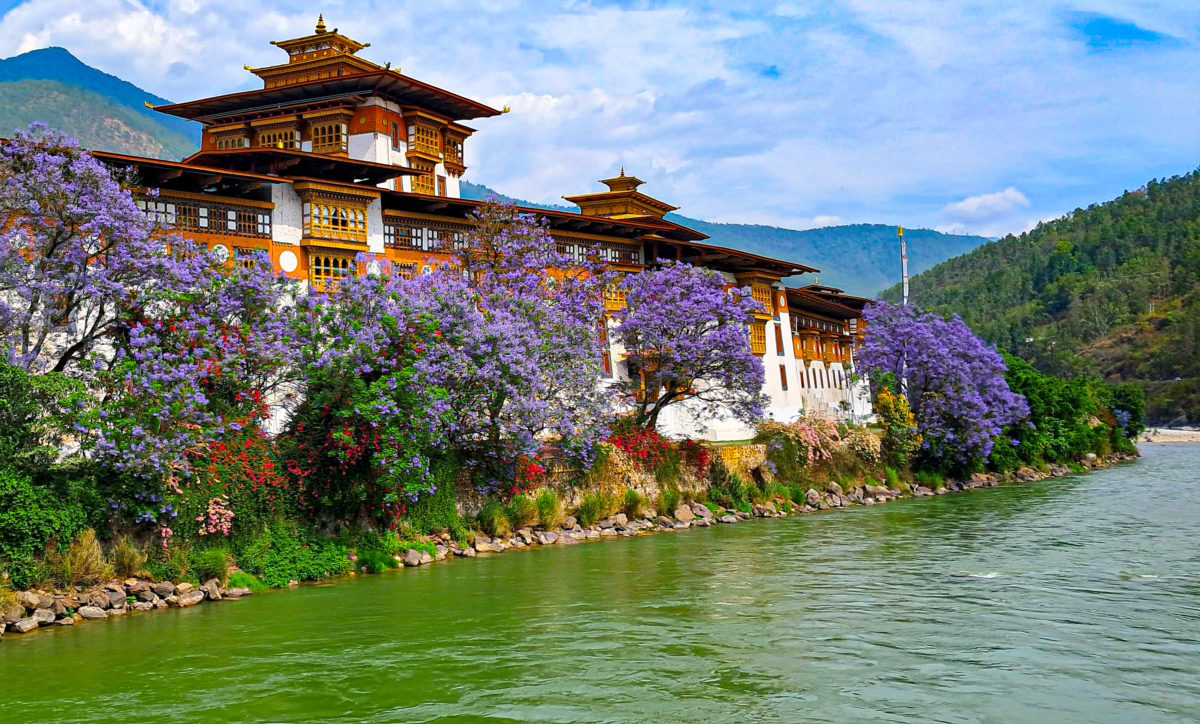
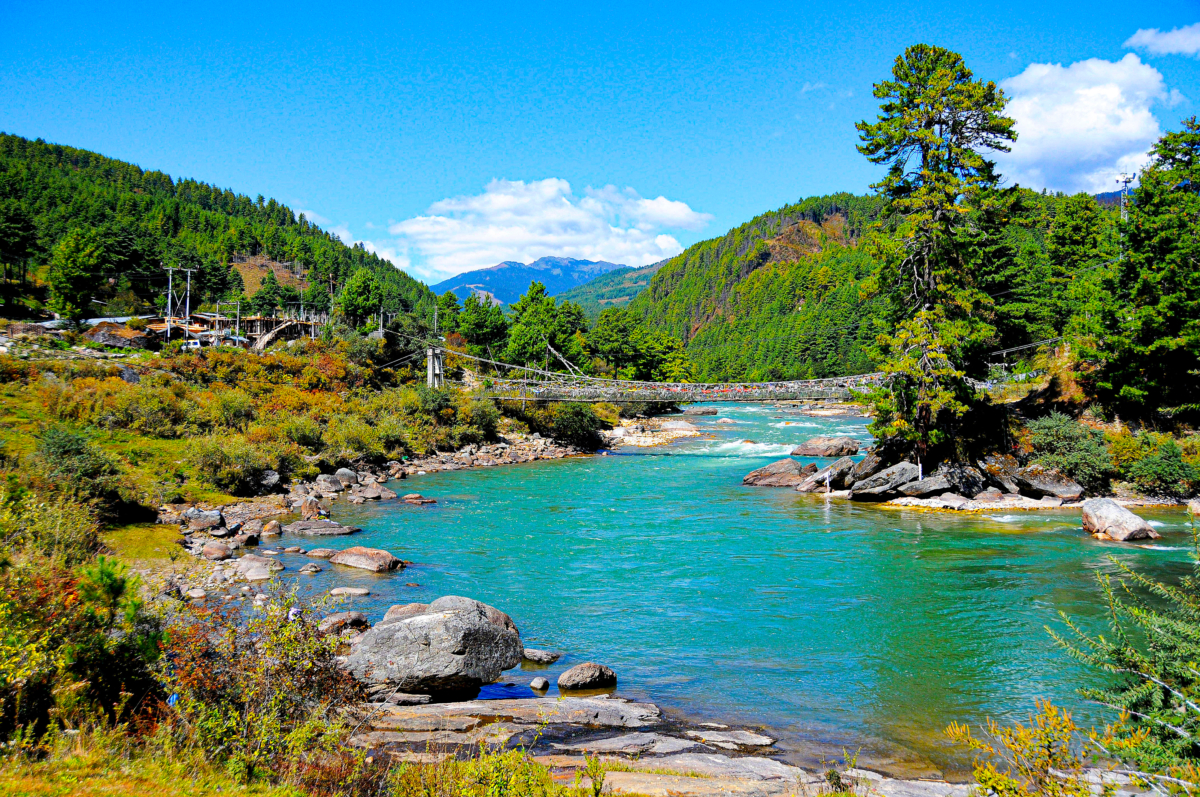
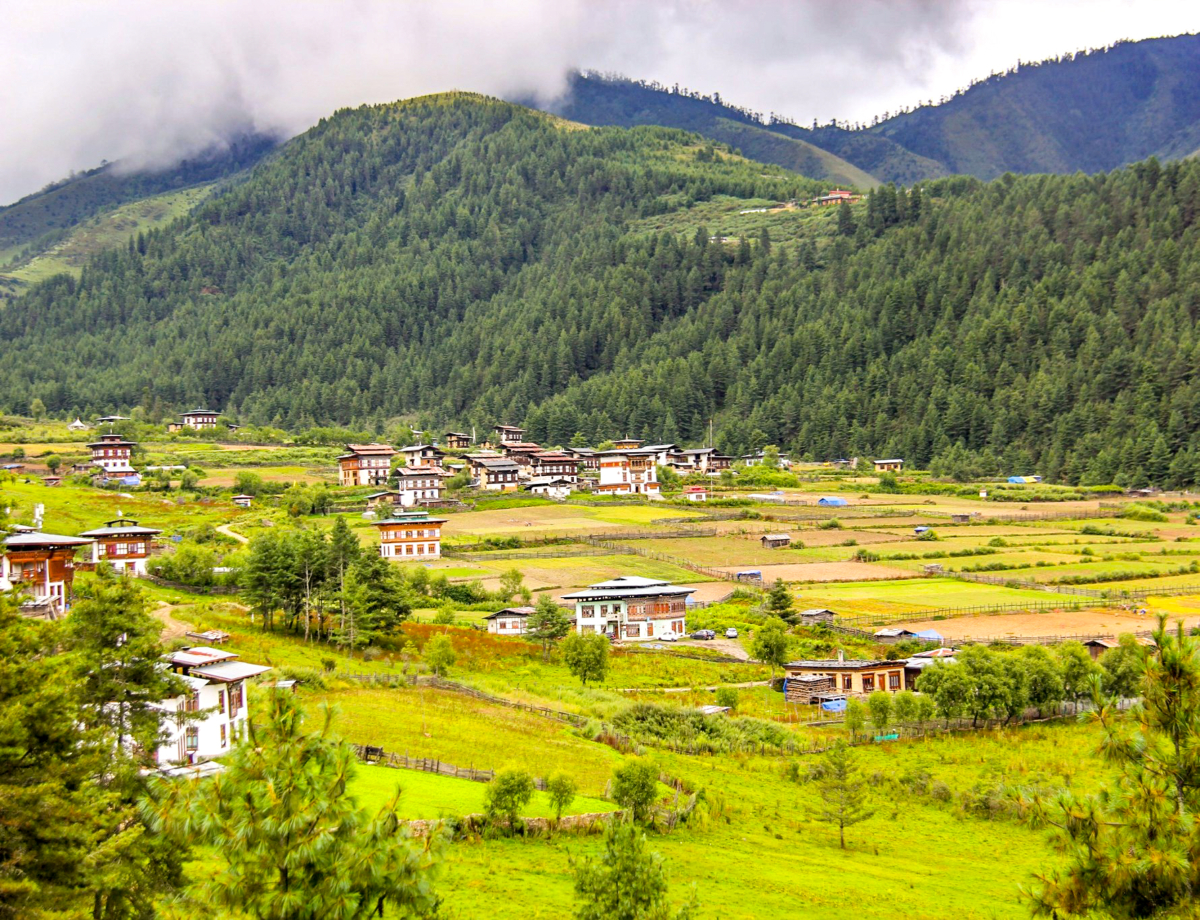
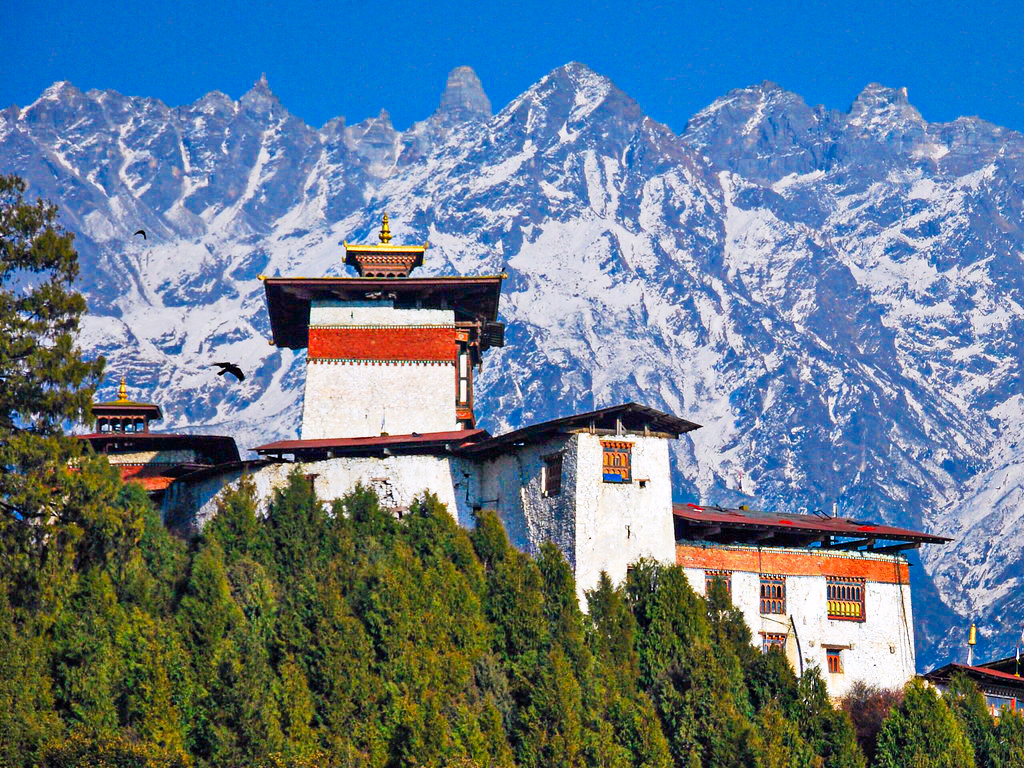
དྲན་གཏམ།
མདོ་རྒྱ་ཆེར་རོལ་པ་ལས།
སྲིད་གསུམ་མི་རྟག་སྟོན་ཀའི་སྤྲིན་དང་འདྲ།།
འགྲོ་བའི་སྐྱེ་འཆི་གར་ལ་བལྟ་དང་མཚུངས།།
འགྲོ་བའི་ཚེ་འགྲོ་ནམ་མཁའི་གློག་འདྲ་སྟེ།།
རི་གཟར་བབ་ཆུ་ལྟ་བུར་མྱུར་མགྱོགས་འགྲོ།
